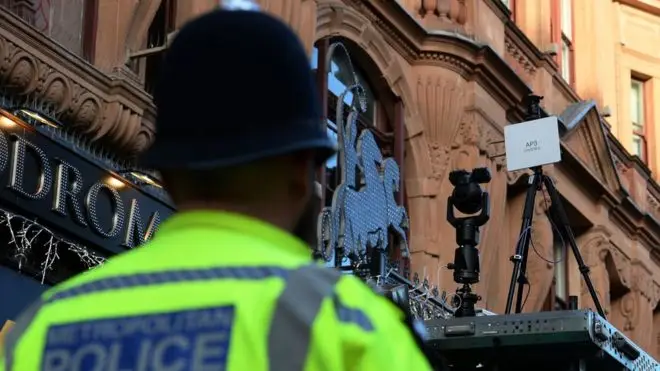
Clive Bull 1am - 4am
24 January 2020, 17:06
Think tank chief Areeq Chowdhury expressed concern that facial recognition technology could impact freedom of religious expression and ultimately lead to calls being made to ban veils.
The conversation is in light of the recent announcement by the Metropolitan Police that there will be a roll-out of facial recognition technology across London.
The announcement has been met with controversy, with questions of privacy and effectiveness being on everyone's lips.
Mr Chowdhury, who himself believes facial recognition technology isn't entirely a bad idea, expressed concern for how the technology may be used to clamp down on religious freedom for individuals who wear face veils.
Along with religious connotations, trials have shown the technology has had trouble reading the features of black and brown people and also women to which Mr Chowdhury recognised there to be "so many unanswered questions" about this bias.
Shelagh pushed the Future Advocacy chief to expand on the impact this technology could have on people who wear veils.

He said deploying a system where everyone's face is "part of national security" could ultimately lead to calls being made to ban veils, which would infringe upon the rights of religious minorities.
He and his team have been building the argument that there must be forward thinking about this technology, pointing out "the idea you're going to have exemptions is a bit questionable."
Shelagh pointed out that there is already an argument that the face veil should be banned, but when she pushed Chowdhury, he claimed that he wouldn't be surprised to see the face veil banned following the roll out of facial recognition.
LBC's correspondent Rachel Venables was at the announcement where chiefs described the move as 'a natural step-up'. The technology is primarily to be used to detect and apprehend people being sought by the authorities for a 'serious or violent crime'.